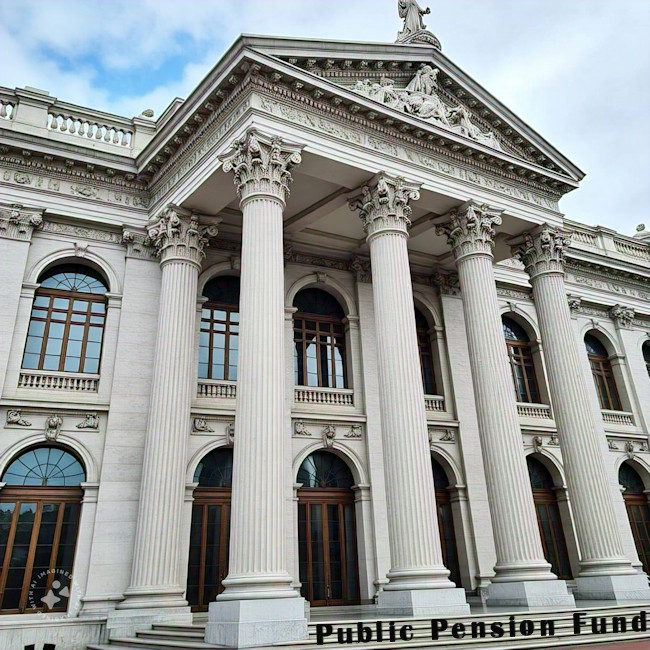Planning your retirement could easily be one of the most joyous moments in one’s life – knowing you’re still vital enough to live for the next couple of decades and earning your freedom to do nothing all day long truly is amazing! However, retirement isn’t as simple as it may seem in the beginning and you need to think it through thoroughly before you embark on this journey.
Financial Plans
This is the thing most people struggle with as soon as they begin thinking in earnest about retiring – how will they continue financing their lifestyle and what will they do about their income? Generally, there are two straightforward solutions: either dial back on the extravagance and start spending less money, or find ways to raise some more cash in the future. Saving enough money in the year before you actually retire is probably not practical. Prudently, you should have begun long before that. But once you have an adequate financial safety net and you are on the brink of retirement here’s a helpful retirement checklist that will help you sort everything out in the year before you actually retire.
Health Insurance
When you retire, you not only lose
your right to work and bring home a paycheck, but also a number of other privileges, including the health care you once had. That’s why more and more people postpone their retirement for as long as they can, simply because they’re unsure what they’ll do if they get ill or injured after they’ve retired. What you’ll probably need to do is start paying for health care, which is another reason why you should start putting some money aside – right now! Alternatively, check whether your employers offer medical care for their retirees, because you can never know if that’s the case before you specifically ask someone about it. Once you reach age 65 you become eligible for Medicare. However, contrary to popular, belief Medicare is not always free. Medicare has 4 “parts” A, B, C, and D. According to U.S. News:
Medicare plans are actually broken into multiple parts:
- Part A covers hospital care, skilled nursing, hospice and some home health care. If you or your spouse has at least 10 years of Social Security work history, this part is free. If you don’t have that work history, it can cost up to $413 per month. Your premium amount is determined by how many Social Security work credits you have.
- Part B covers doctor visits, preventive care, outpatient care and hospitals, and some home health care. In 2018, this part will average $134 a month for most Medicare beneficiaries whose incomes are $85,000 a year or less ($170,000 for a couple) and up to $428.60 for those whose annual income exceeds $214,000 ($428,000 for a couple). Most people find they need a Medigap plan in addition to parts A and B.
- Part C is also known as a Medicare Advantage plan. These are Medicare health plans offered by private companies that contract with Medicare to provide you with all your Part A and Part B benefits. Many plans also offer Part D drug coverage. Premiums range by region and plan, but the nationwide average for a Medicare Advantage plan in 2018 will be $30, down 6 percent from 2017.
- Part D covers prescription drugs. Premiums in 2018 will average $33.50, down from $34.70 this year.
Downsizing your belongings
No matter how big or small your home is, the chances are it’s full of unnecessary things and clutter you don’t really need anymore. Therefore, in the year before you retire, try to downsize your belongings and gradually work towards a new interior layout that will make you feel uncluttered but still cozy and comfortable. This is something many Aussies (and Americans) tend to do when they think about their retirement options. You might also consider downsizing your house as well, so you will have less to maintain. Which is why removing unnecessary items from the home prior to downsizing is important.
Many retirees use this as an opportunity to replace old furnishings that they’ve had for years and get a fresh look in their new (smaller) digs. For instance you can find an excellent furniture store in Sydney that offers a complete new Dining set for AU$995. Of course, this doesn’t mean you should get rid of your most functional and beloved furniture pieces – your favorite couch, that amazing coffee table and your extra-comfy sofa you’ve spent so much time in. However, reevaluate everything and see how many things you actually need.
Deal with Your Debts
Again, there’s another money-related thing retirees tend to overlook and it’s a problem that can make their life a living hell unless they handle it properly. Owing someone a huge amount of money, whether it’s a bank loan, a mortgage or cash you’ve borrowed from your friends, can be a burden once you stop receiving your paycheck at the end of each month, so you’d better think about this in advance. Having a whole year in front of you means you can try to earn some extra money and pay off a part of your bank loan, for instance, as this will help you worry less about your finances.
Find New Hobbies
After being employed for forty years and spending nine hours a day at the office, lots of retirees simply don’t know what to do with themselves – they have so much newly-acquired free time on their hands and need to find a way to make the most of it. Therefore, you should start developing new hobbies and looking into enjoyable ways to fulfill your time. Some of the most popular choices include travelling, painting, playing golf, spending more time with your friends and, of course, bonding with your family and, especially, grandchildren more than ever. Don’t get sucked into a vacuum of boredom after retiring, but live your life to the fullest – if you don’t find something sustainable to do, you’ll just end up staring at the TV all day long, and that’s definitely not the best option out there.
Getting ready for a retirement can be scary due to all the changes that come with it, but if you put your mind to it and plan it ahead, everything can run smoothly and your retirement could easily turn out to be the best part of your life!
You might also like:
- 5 Critical Things to Do Before You Retire
- Investments to Consider for Retirement
- Why We Downsized Before Retirement
- The Personal Finance Perks of Aging: 15 Tax Breaks You Enjoy After 50
- Retirement Tips You May Not Have Considered




